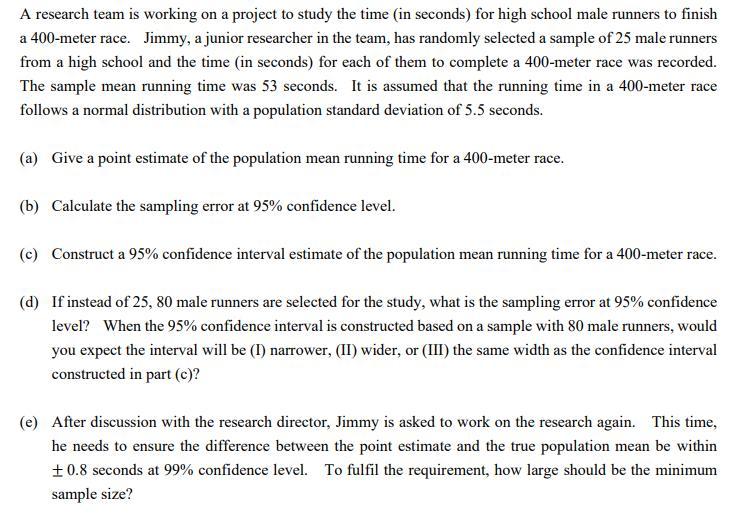Finishing research can be a challenging and rewarding experience. It requires dedication, hard work, and often involves overcoming obstacles and setbacks. However, when the research is completed, it can provide new insights and understanding into a particular topic, and can contribute to the advancement of knowledge in a particular field.
The process of finishing research typically begins with a clear and well-defined research question or hypothesis. This helps to guide the research and ensure that the work is focused and targeted. It is also important to conduct a thorough literature review, which involves reading and evaluating the existing research on the topic to ensure that the work is original and adds value to the field.
Once the research question has been identified and the literature review has been completed, the next step is to design and implement the research study. This may involve collecting data through experiments, surveys, or observations, and analyzing the data using statistical methods or other analytical techniques.
As the research progresses, it is important to keep track of the findings and document the work in a clear and organized manner. This can help to ensure that the research is replicable and can be easily understood by others. It is also important to keep an open mind and be willing to revise the research question or hypotheses if the data suggests a different direction.
Finally, when the research is completed, it is important to share the findings with others through publication in a peer-reviewed journal or presentation at a conference. This allows the research to be reviewed by experts in the field and can help to advance knowledge and understanding in the field.
In conclusion, finishing research requires hard work, dedication, and persistence, but the rewards of contributing to the advancement of knowledge and understanding in a particular field can be invaluable.







